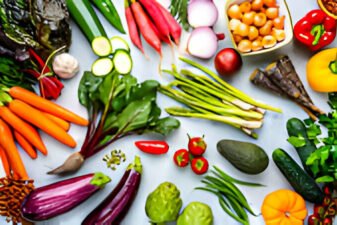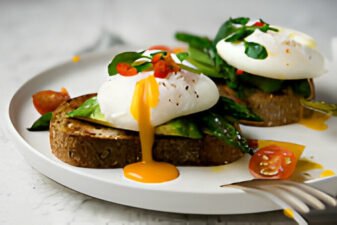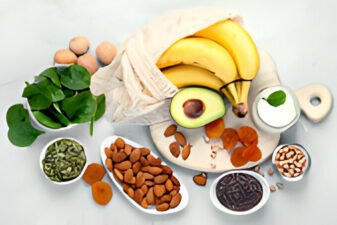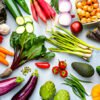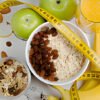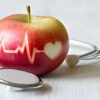What is Protein?
Proteins are the basic units of the body which are required for nutrition, growth and repair, and affect a huge number of metabolic, enzyme and chemical processes that occur inside the body. Fortunately, protein deficiency is extremely rare in the West, but very-low-energy-diets (VLEDs) or unbalanced vegetarian eating plans may be too low in protein and may require supplementation.
Protein Composed of Amino Acids
Protein actually consists of smaller units called amino acids, which link together in a variety of differing combinations to perform differing functions. Some amino acid chains are created by the body, but some – essential amino acids – must come from outside the body from food. Although all animal and plant cells contain some protein, the amount and the quality of the protein varies considerably.
NOTE: For a short guide to how we digest protein, see Food Digestion and Protein Digestion.
Best Protein Food Choices Are Proteins Low in Saturates
Protein may come in many forms, but the better type of protein is low in saturated fat. Good protein choices include: fish, lean beef, lean ham, egg whites, whole eggs, chicken breast, turkey breast, pulses, beans, nuts, seeds, soy products and vegetarian protein foods such as quorn and seitan.
How Much Protein Do We Need in Our Diet?
Assuming you choose nutritious protein, low in saturated fat, you can eat anything between 10 and 20 percent of your calories in the form of protein, although according to government guidelines you should not eat less than 45g of protein (adult females) or 55.5g (adult males).
In practice, eating a variety of foods every day is all you need to do in order to ensure an adequate protein intake.

